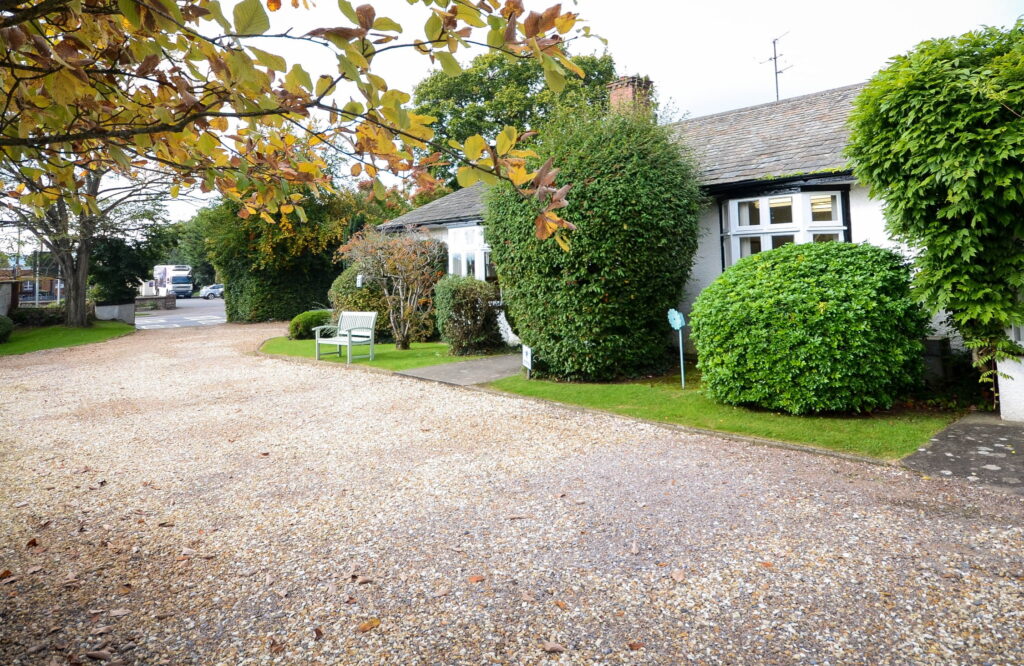
Gum Disease is inflammation of the gums and damage to the bone that anchors teeth in your jaws. It is the leading cause of tooth loss.
Healthy gums should be pink, firm and keep your teeth securely in place. Your gums should not bleed when you touch or brush them.
Gum disease (also called gingivitis) is very common – the early form affects more than half of adults worldwide. It can be treated by a dentist or hygienist and in the early stages the effects can be reversed.
You may not know that you have gum disease because often it’s not painful and you might not get any symptoms.
The mouth is full of bacteria that combine with small food particles,saliva and bacterial waste products to form a sticky film known as plaque, which builds up on your teeth. Think of plaque as bacterial poo!
When we eat, bacteria in plaque turn carbohydrates into the energy they need, producing acid at the same time.
Over time, acid in plaque begins to break down your tooth’s surface and causes tooth decay. Bacteria in plaque can also irritate your gums, making them inflamed and sore.
Plaque is usually easy to remove by brushing and flossing your teeth, but it can harden and form a substance called tartar if it is not removed. Tartar sticks much more firmly to teeth than plaque and can usually only be removed by a dentist or dental hygienist.
As well as poor oral hygiene, a number of things can increase your risk of developing problems with your gums. These include:
reduces the healing abilities of the gum
gum disease becomes more common as we get older
family history of gum disease
affects the body’s natural response to healing
for example, because of conditions such as HIV or certain treatments, such as chemotherapy
a condition that occurs when a person’s diet does not contain the right amount of nutrients
for example students are known to come down with acute cases of gum disease during examination periods
Tooth-brushing is effective at removing dental plaque. However, plaque left uncleaned may cause gingivitis (gum inflammation) to develop into a more serious type of gum disease called periodontitis.
If left untreated, your gums may begin to pull away from your teeth breaking the gum seal to create areas known as dental pockets.
These pockets trap plaque that you can’t reach with a toothbrush, which over time, hardens to become tartar (calculus). Plaque and tartar build-up can cause further irritation, which may gradually spread to the bone structures around your teeth. As time goes on, the pockets can get deeper and more difficult to clean, and your gum and bone may shrink. This is called periodontitis.
In addition, shrinking of the gums exposes the roots of your teeth, making them sensitive. If this is untreated for a number of years, your teeth may fall out, or need to be taken out by a dentist.
Periodontitis can’t be completely cured; however, if you receive the appropriate treatment and make sure you floss and brush your teeth well, the progress of the disease can be stopped.
The best way to treat gum disease is to practice good oral hygiene, although additional dental and medical treatments are sometimes necessary.
Good oral hygiene involves:
If you have any concerns about gum disease, it is best to discuss this with us during your dental appointment.
The treatment modalities are many depending on the severity of gum disease, but the aim of all treatment is removal of all plaque and tartar build up around your teeth, and elimination of pockets to re-establish gum seal.
At Dental 397, we actively tackle early and established signs of gum disease. We also support you by demonstrating toothbrushing technique and staining your teeth to show the areas which are prone to gum disease. We are happy to do this as many times as it may take till you are able to get things just right. You are welcome to bring along your toothbrush on your appointments.
We may in addition recommend adjunctive treatment such as laser decontamination of the gums, antiseptic chips which is placed under the gums or certain mouthwashes, depending on the severity of the gum disease.
Back to Blog“I cannot thank you enough for my experience, I phoned as a non registered patient in need of an emergency appointment and as a very…”
“Thank you Dapo and your dream team ❤🥰❤ I feel like I've been absolutely pampered with my recent treatments....and who would have ever thought that…”
“I just wanted to thank you again for how well you all treated my mum yesterday. She was very nervous but you were so kind…”
“Really great!!”
“I couldn’t stop looking at my teeth on the way home, you’ve done an amazing job - thank you so so much, you’re the BEST!!”


Teeth straightening is a minimally invasive and affordable treatment.
Learn more
• Step free access
• Wheelchair access
• Car parking
• Disabled parking


